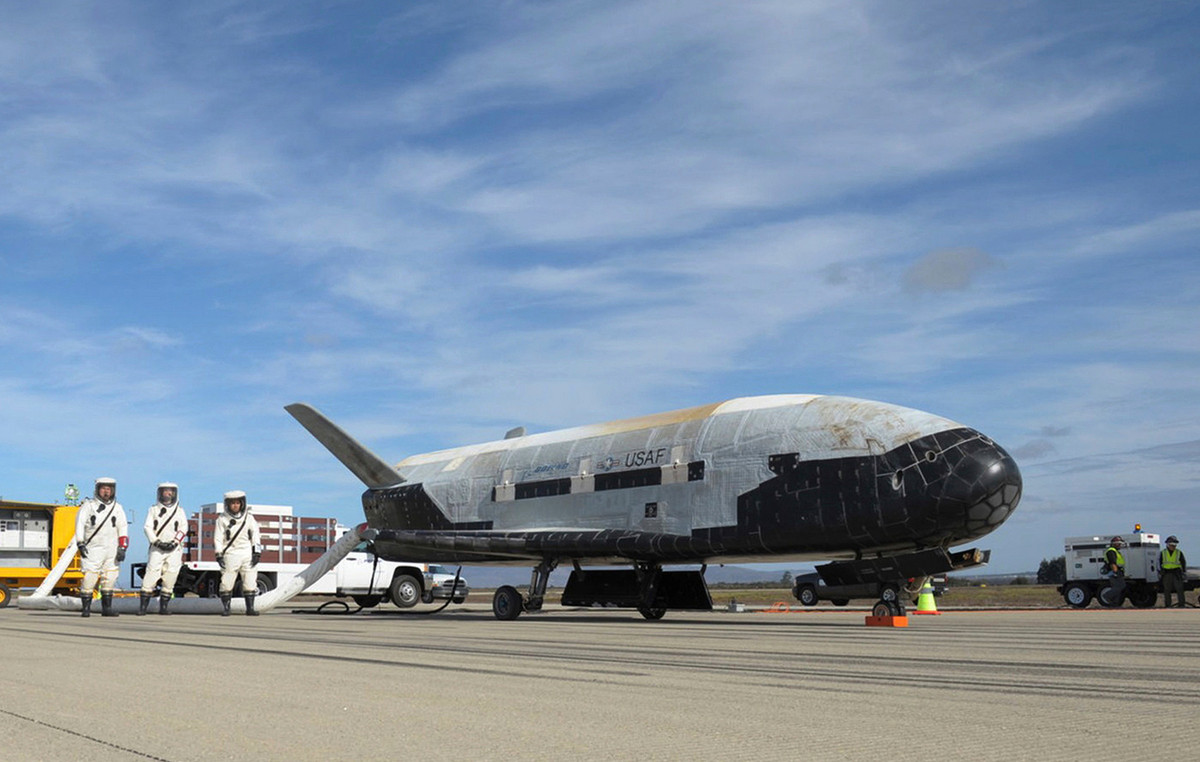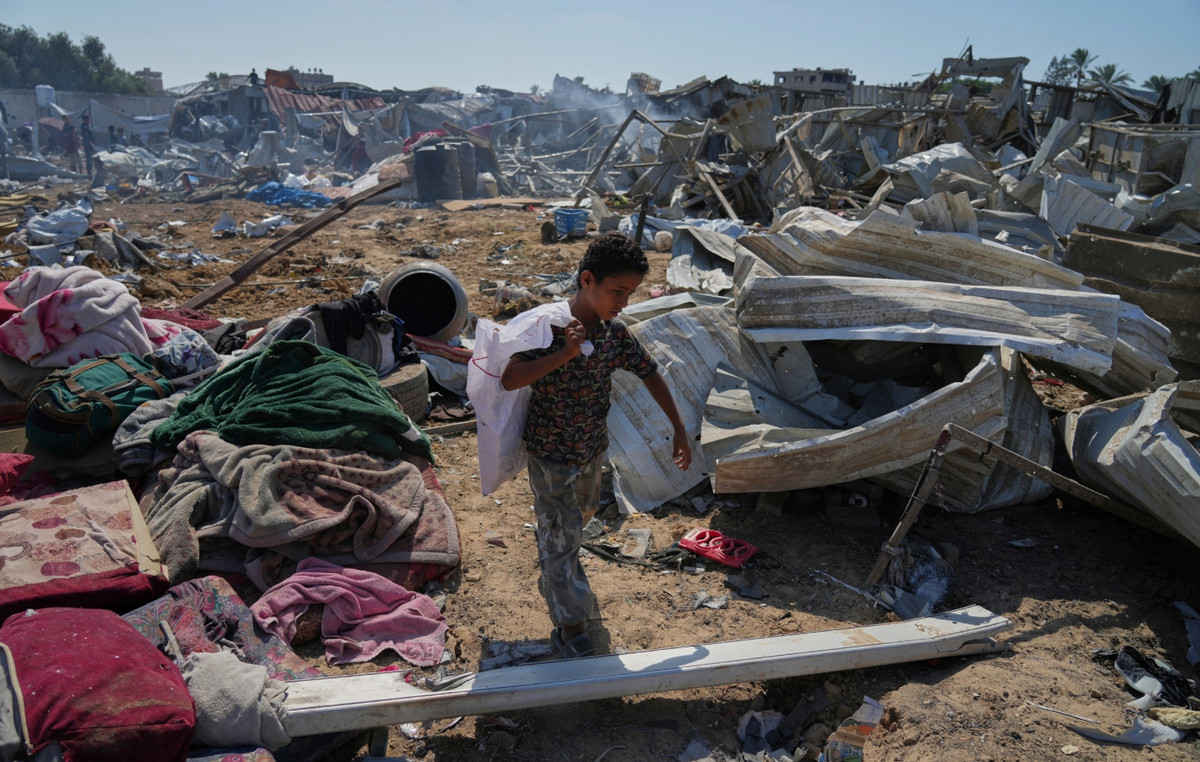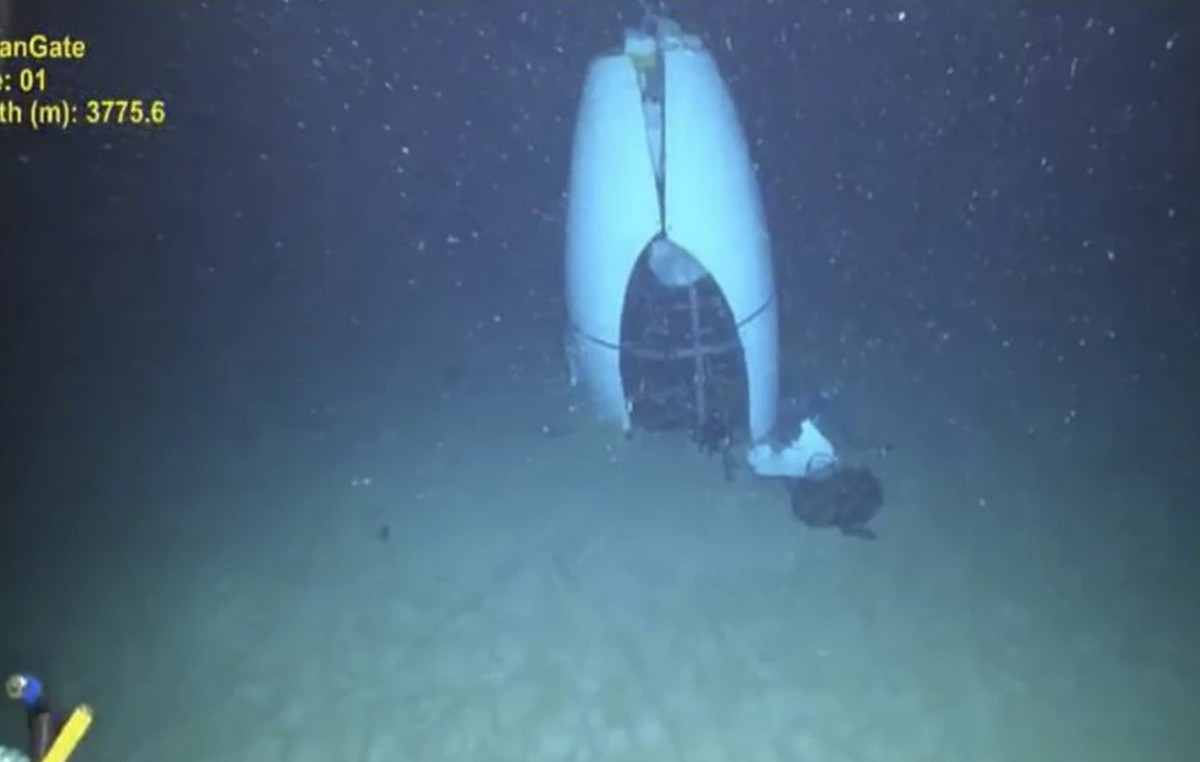The death toll from the earthquake in Turkey and Syria reached 22,375 this Friday (10). At least 80,768 people were injured.
The powerful earthquake of magnitude 7.8 hit the area close to the border of the two countries on Monday (6). More than 100 aftershocks were felt after the main one, including one of magnitude 7.5.
In Turkey, there are already at least 18,991 dead and 75,523 injured, according to the country’s president, Recep Tayyip Erdogan.
Syria accounts for at least 3,384 deaths and 5,245 wounded.
At least 2,037 died and 2,950 were wounded in rebel-held areas of the country in the northwest, according to civil defense group White Helmets. And 1,347 deaths and 2,295 injured in government-controlled areas of Syria, according to state media.
Massive rescue efforts are still ongoing, with the global community – including Brazil – offering assistance in search and recovery operations.
Agencies warn that fatalities from the disaster could still rise significantly.
Earthquake was one of the deadliest of this century
The earthquake struck at around 4 am, 23 km east of Nurdagi in the Turkish province of Gaziantep, at a depth of 24.1 km, the US Geological Survey said.
A series of aftershocks reverberated through the region in the immediate hours after the initial incident. The largest tremor, measuring 7.5 in magnitude, occurred about nine hours later.
More than 5,700 buildings in Turkey have collapsed, according to the country’s disaster agency.
Monday’s quake was also one of the strongest the country has experienced in the past century — a magnitude 7.8 earthquake struck the east of the country in 1939, resulting in more than 30,000 deaths, according to the US Geological Survey.
In Syria, millions of vulnerable and displaced people were already dependent on humanitarian aid even before the natural disaster.
Several factors contributed to making this earthquake so deadly: one of them is the time of day it occurred.
With the earthquake occurring early in the morning, many people were in their beds when it happened and are now trapped under the rubble of their homes.
Furthermore, with a cold and wet weather system moving through the region, the poor conditions made access to the affected areas more complicated and rescue and recovery efforts on both sides of the border significantly more challenging after the teams arrived.
Temperatures are already bitterly low, but are expected to drop several degrees below zero in the coming days.
With scattered showers and snow in the region, the severe climate puts the lives of those trapped under the rubble at risk of hypothermia – who have gone days without food and water.
Source: CNN Brasil
Bruce Belcher is a seasoned author with over 5 years of experience in world news. He writes for online news websites and provides in-depth analysis on the world stock market. Bruce is known for his insightful perspectives and commitment to keeping the public informed.







